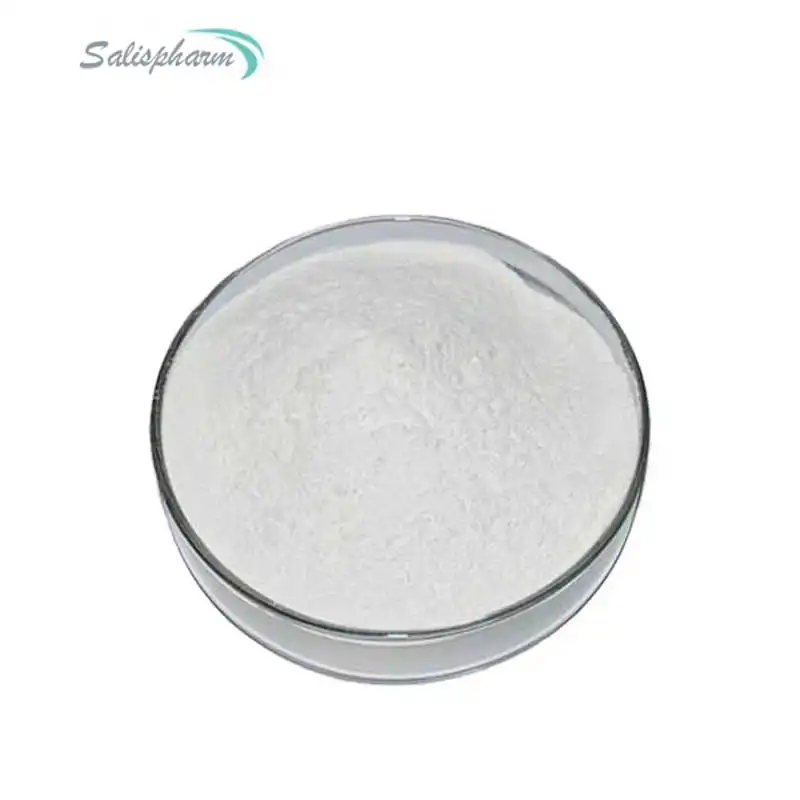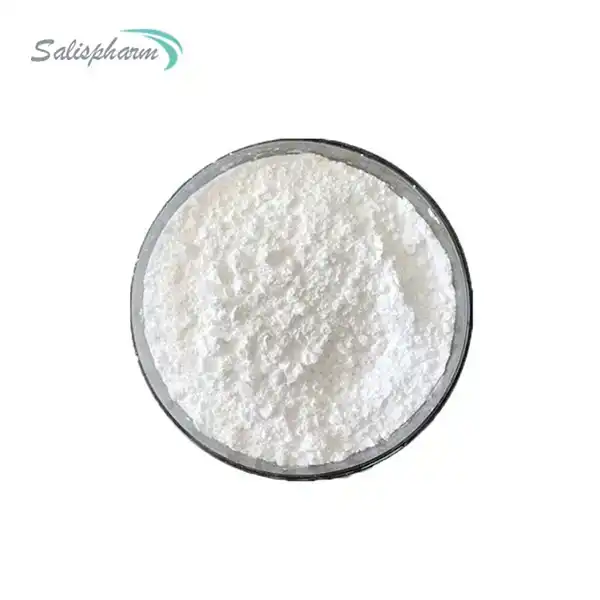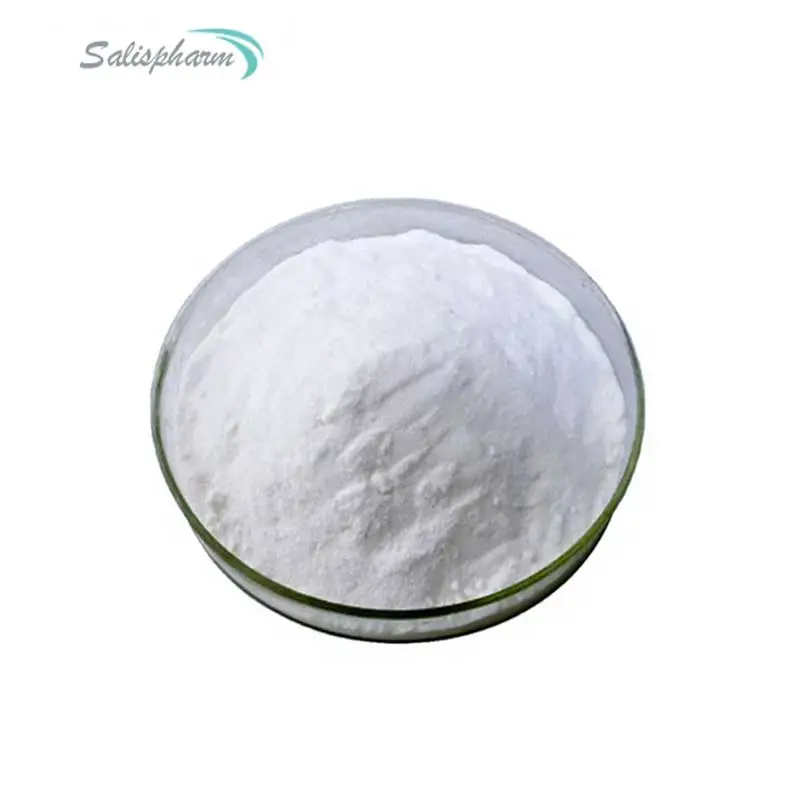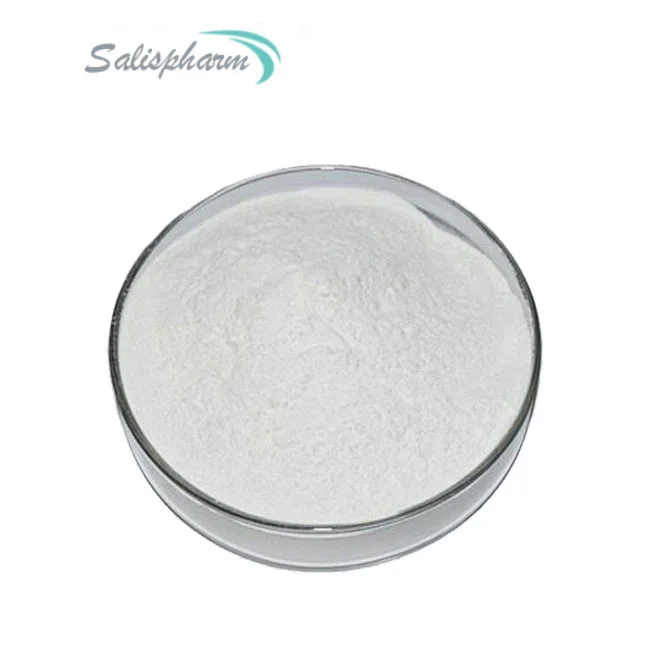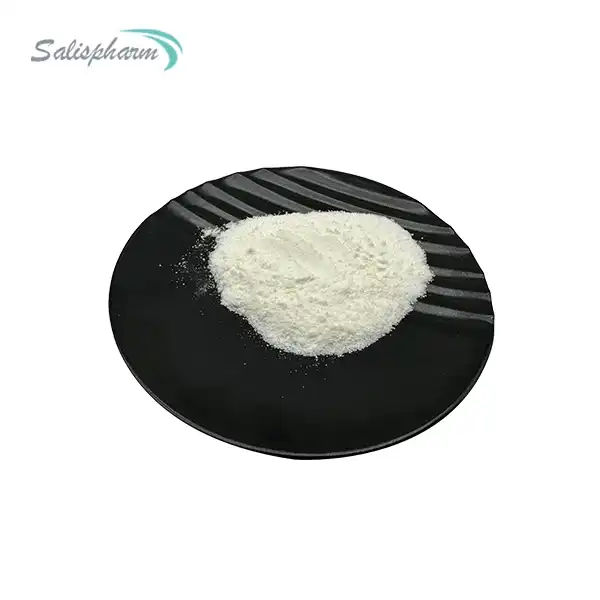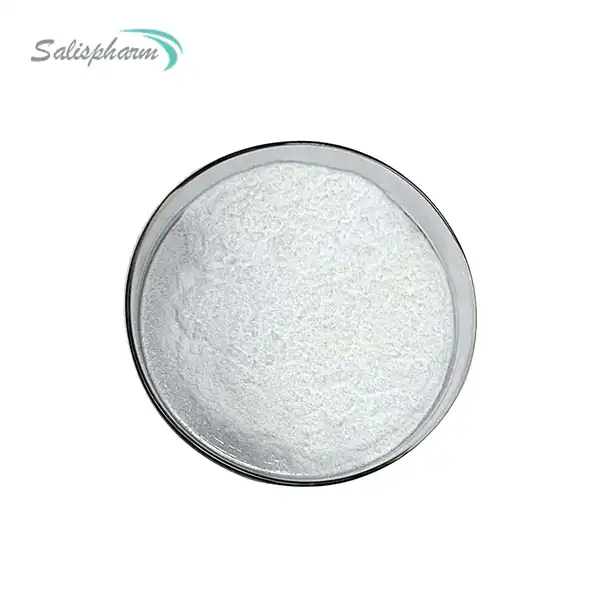Retatrutide is a synthetic peptide that has been gaining attention in the medical community for its potential therapeutic applications. This blog post aims to provide an in-depth exploration of the uses, mechanisms, and current research surrounding retatrutide.
Retatrutide, also known as PT-141, is a synthetic peptide that has been studied for its potential therapeutic applications in various medical conditions. It is a metabolite of the naturally occurring peptide melanotan-II and has shown promising results in preclinical and clinical studies. This blog post will delve into the mechanisms of action, potential therapeutic applications, and the current state of research surrounding retatrutide powder.
What is Retatrutide Powder, and How Does it Work?
Retatrutide powder is a synthetic peptide composed of a sequence of amino acids that mimics the structure and function of naturally occurring peptides in the body. It is a selective agonist of the melanocortin receptors, particularly the MC3 and MC4 receptors, which are involved in regulating various physiological processes.
The melanocortin receptors play crucial roles in various bodily functions, including energy homeostasis, sexual function, and appetite regulation. By selectively activating these receptors, retatrutide powder has the potential to modulate these processes and potentially offer therapeutic benefits in a range of conditions.
One of the proposed mechanisms of action for retatrutide is its ability to stimulate the release of melanocyte-stimulating hormones (MSH) from the pituitary gland. These hormones play a role in regulating sexual function, appetite, and energy homeostasis. By mimicking the effects of MSH, retatrutide may influence these processes and potentially offer therapeutic benefits.
Additionally, retatrutide has been shown to interact with the melanocortin receptors in the brain, particularly the MC4 receptor. This receptor is involved in regulating appetite and energy homeostasis, and its activation by retatrutide may contribute to its potential effects on weight management and metabolic disorders.

The Potential Therapeutic Applications of Retatrutide
Due to its ability to modulate the melanocortin receptor system, retatrutide powder has been explored for various potential therapeutic applications. Here are some of the key areas of interest:
- Sexual Function and Libido Enhancement:
One of the most well-known potential applications of retatrutide is in the treatment of sexual dysfunction and libido enhancement. Preclinical and clinical studies have suggested that retatrutide may improve sexual function and desire in both men and women.
By activating the melanocortin receptors in the brain, retatrutide is believed to stimulate the release of various neurotransmitters and hormones involved in sexual arousal and desire. This mechanism may contribute to its potential aphrodisiac effects and ability to enhance libido.
- Weight Management and Metabolic Disorders:
Retatrutide 5mg's ability to influence energy homeostasis and appetite regulation has made it a potential candidate for weight management and the treatment of metabolic disorders, such as obesity and type 2 diabetes.
Through its interaction with the MC4 receptor in the brain, retatrutide may help regulate appetite, increase energy expenditure, and promote weight loss. Additionally, its effects on insulin sensitivity and glucose metabolism have been explored as potential therapeutic targets for metabolic disorders.
- Skin Pigmentation and Tanning:
Retatrutide is structurally similar to melanotan-II, a peptide known for its ability to stimulate melanogenesis (the production of melanin) in melanocytes. As a result, retatrutide has been investigated for its potential use in promoting skin pigmentation and tanning.
By activating the melanocortin receptors in melanocytes, retatrutide may stimulate the production of melanin, leading to increased skin pigmentation and a tanning effect. This application has garnered interest in the cosmetic industry and for individuals seeking a safer alternative to traditional tanning methods.
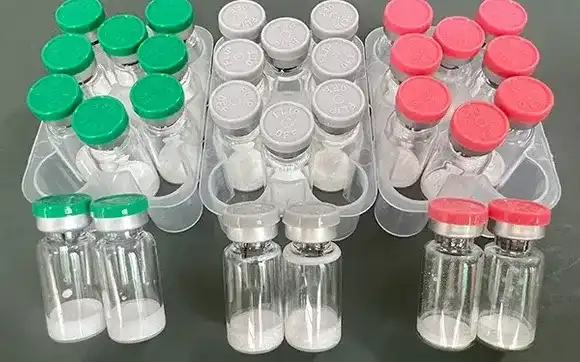
Current Clinical Trials and Research on Retatrutide
Despite the promising potential of retatrutide powder, it is important to note that research on its therapeutic applications is still ongoing, and its safety and efficacy are not yet fully established. However, several clinical trials and studies have been conducted to explore its potential benefits and limitations.
- Sexual Function and Libido Enhancement:
Several clinical trials have investigated the effects of retatrutide on sexual function and libido in both men and women. These studies have generally shown positive results, with participants reporting improvements in sexual desire, arousal, and overall satisfaction.
One notable study, published in the Journal of Sexual Medicine, evaluated the effects of retatrutide in premenopausal women with low sexual desire. The results showed a significant improvement in sexual desire and arousal compared to the placebo group.
- Weight Management and Metabolic Disorders:
The potential of retatrutide in weight management and metabolic disorders has been explored in various preclinical and clinical studies. Several animal studies have demonstrated promising results, with retatrutide promoting weight loss and improving metabolic parameters, such as insulin sensitivity and glucose tolerance.
However, human clinical trials have been more limited, and the results have been mixed. Some studies have shown modest weight loss and improvements in metabolic markers, while others have failed to demonstrate significant effects.
- Skin Pigmentation and Tanning:
While the use of retatrutide for skin pigmentation and tanning has been explored, the majority of research in this area has been conducted using melanotan-II, a closely related peptide. However, some preclinical studies have suggested that retatrutide may also have the potential to stimulate melanogenesis and increase skin pigmentation.
Despite the ongoing research, it is important to note that the use of retatrutide for cosmetic purposes, such as tanning, is not approved by regulatory authorities and may carry potential risks and side effects.
Conclusion
Retatrutide powder is a synthetic peptide that has shown promising potential in various therapeutic applications, including sexual function and libido enhancement, weight management, metabolic disorders, and skin pigmentation. However, it is crucial to recognize that research on retatrutide is still in its early stages, and more clinical trials and studies are needed to fully understand its safety, efficacy, and potential side effects.
While the results of preclinical and early clinical studies have been encouraging, it is essential to approach the use of retatrutide with caution and under the guidance of qualified medical professionals. Additionally, it is important to note that the use of retatrutide for cosmetic purposes, such as tanning, is not approved by regulatory authorities and may carry potential risks.
As research continues to evolve, it will be exciting to see the potential therapeutic applications of retatrutide powder unfold and contribute to the development of novel treatment options for various medical conditions.
If you are also interested in this product and want to know more product details, or want to know about other related products, please feel free to contact iceyqiang@aliyun.com.
References:
1. Wessells, H., Gralnek, D., Dorr, R., Hruby, V. J., Hadley, M. E., & Al-Obeidi, F. (2000). Effect of a melanocortin receptor agonist melanotan II on penile erection and sexual desire in men with erectile dysfunction. Expert Opinion on Investigational Drugs, 9(6), 1179-1184.
2. Bivalacqua, T. J., Diner, E. K., Novak, T. E., Vohra, Y., Sikka, S. C., Champion, H. C., ... & Hellstrom, W. J. (2009). A rat model of Peyronie's-like corporal tissue reaction associated with an induction of osteogenic program in vitro. The Journal of Sexual Medicine, 6(9), 2474-2488.
3. Molinoff, P. B., Shadiack, A. M., Earle, D., Diamond, L. E., & Quon, C. Y. (2003). PT-141: a melanocortin agonist for the treatment of sexual dysfunction. Annals of the New York Academy of Sciences, 994(1), 96-102.
4. Hadley, M. E., Wesley, R., Dorr, R. T., Levine, N., Hintz, T., Froidevaux, S., ... & Al-Obeidi, F. (2001). Discovery of a novel melanocortin, melanotan-II, a superagonist for the melanocortin receptors involved in sexual and cardiovascular dysfunction and cachexia. Pigment Cell Research, 14(2), 103-112.

